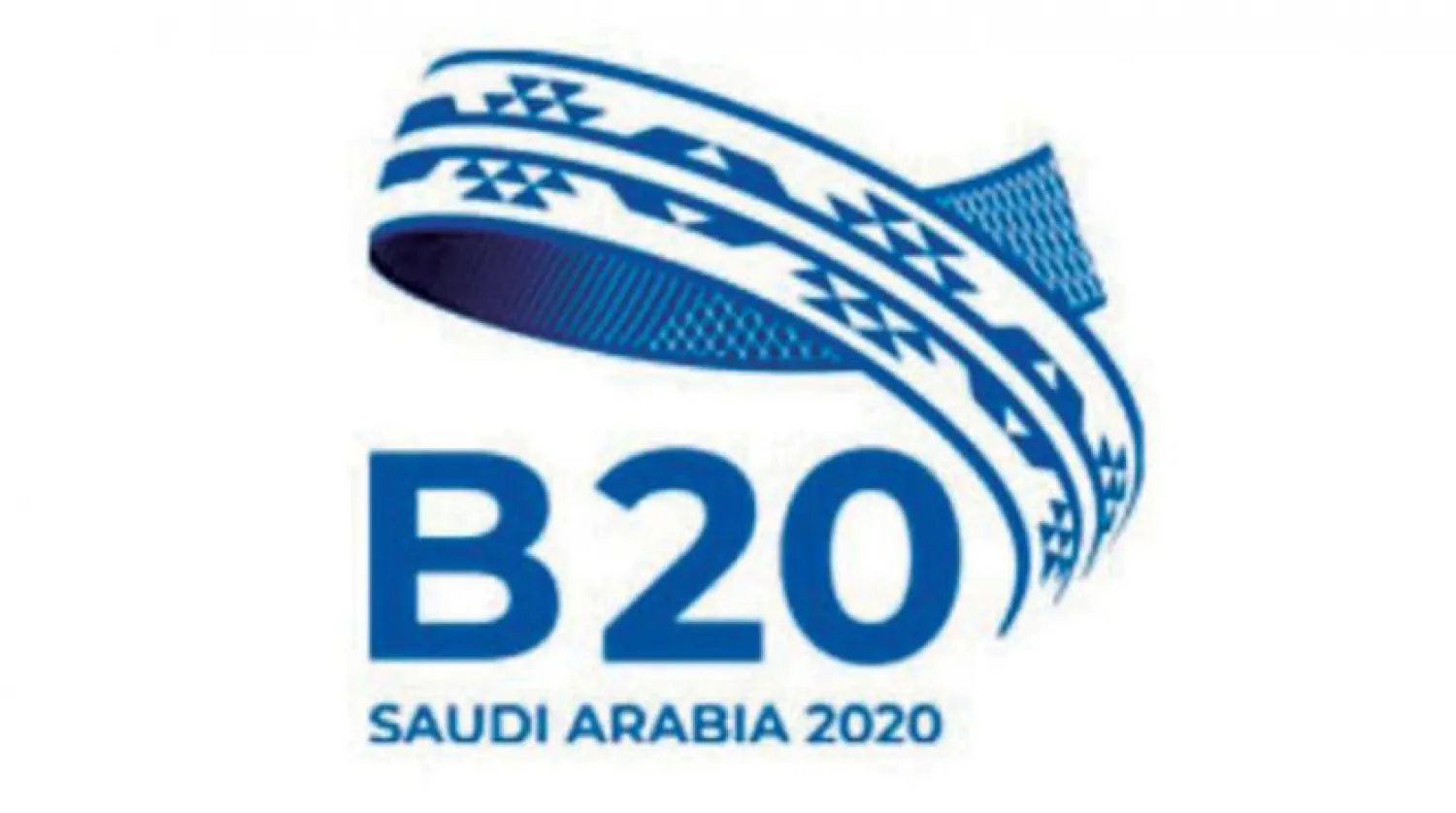The Kingdom of Saudi Arabia is scheduled to host activities of the G20 business group Summit (B20) in its capital, Riyadh, this week.
This year, the summit will be held under the slogan “Transforming for Inclusive Growth.”
Saudi Arabia has assigned six task-force teams to work on priority fields and a specialized action council to empower women in the fields of work.
Preparations are ongoing to host meetings of the business group, which is a platform for entrepreneurs to present their visions and ideas to leaders at the G20 summit.
The Kingdom will launch this two-day mega event with opening activities in Riyadh on January 15. It officially assumed presidency of the G20 in December 2019 and will preside it until its annual two-day summit, which is scheduled to take place in Riyadh on November 21, 2020.
The Business Group is the official platform for the business community at the G20. It acts as a representative of the private sector, representing the global business community in all member states and all economic sectors.
The group was formed in 2010, to be the first business community working group of the G20.
According to B20 Chair Yousef Abdullah al-Benyan, vice chairman and CEO of SABIC and a member of the Investment Committee, the business group is committed to promoting inclusiveness and working according to a deliberate approach.
He said this would help recommendations achieve a tangible impact on the future needs of various businesses, regardless of their size, whether they are within SMEs or startups, and without geographical boundaries.
The main themes in this year’s B20 meetings include digitization, energy, sustainability, climate, finance, infrastructure, trade and investment, integrity and compliance, and the future of work and education, Benyan explained.
He stressed that this represents a unique opportunity for the business community to share best practices in these areas that are crucial for growth.
“These themes will address priority areas and identify and implement potential solutions to achieve the goals. We can benefit from many examples of how to improve and make business more efficient,” he noted.









